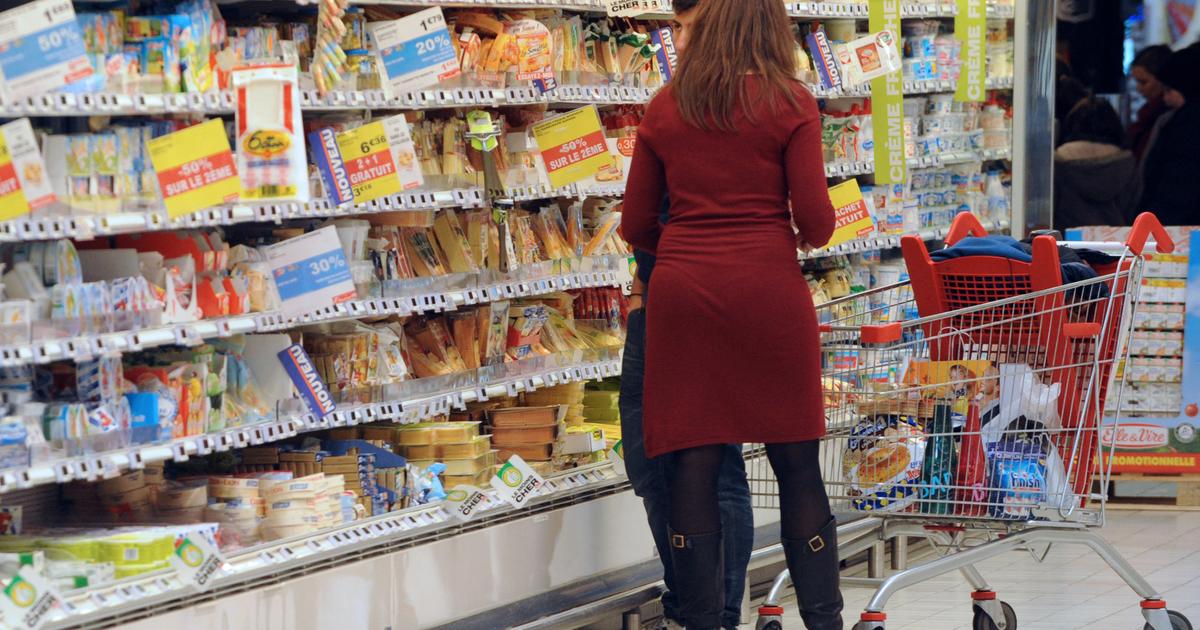Fleury Michon surimi sticks with 11% less fish meat while the price per kilo has increased by 40% between 2021 and 2023, Maille mayonnaise with 25% less egg yolk, but 12% more expensive between the end of 2023 and the beginning of 2024... The consumer defense association Foodwatch has identified six products from major brands whose composition has been altered while their prices increased, often without the knowledge of consumers during periods of inflation, this Tuesday, February 7.
This practice of reducing ingredients, removing them or replacing them with cheaper or lower quality substitutes is called
“cheapflation”
, a contraction of
“cheap”
(
“cheap”
) and
“inflation”
.
Also read “Cheapflation”, or when manufacturers cut corners on product quality to maintain their margins
Manufacturers point to rising raw material prices
Foodwatch also highlights Milka chocolate (Mondelez), Bordeau Chesnel rillettes, After Eight chocolates (Nestlé) or fish from the Findus brand (Nomad Foods).
“We have identified examples dating back as far as 2016, well before the rise in food prices began.
The phenomenon is therefore not recent, but inflation could have encouraged manufacturers to resort to these practices
,” explained Foodwatch on its website, as part of an investigation carried out with the program
“France grand format”
on France 2.
“We have challenged manufacturers, who generally justify these changes by an increase in the price of raw materials during periods of inflation. For Foodwatch, this in no way excuses the opacity regarding changes in recipe or format, nor the rise in prices which is correlated with it
,” added the association, also denouncing
“shrinkflation”
.
A decree against “shinkflation”
Concerning
"shrinkflation" -
or
"reduflation" -
the government is working on a draft decree requiring supermarkets by March to further explain this practice of manufacturers of consumer products, agro-industrialists or distributors, consisting of reducing quantities of products sold rather than significantly increasing prices.
Food prices, the main driver of inflation in 2023 with a peak of almost 16% in the spring, have since started to slow down, with an increase of 5.7% over one year in January 2024.
“We have won this battle against inflation”
, affirmed the Minister of the Economy Bruno Le Maire on France 2, assuring that
“a quarter of prices”
would
“fall on pasta, on oils, on coffee”
.
“In the coming weeks, perhaps in the coming months, we will be below 2%
,” he added about the rise in prices in France.

